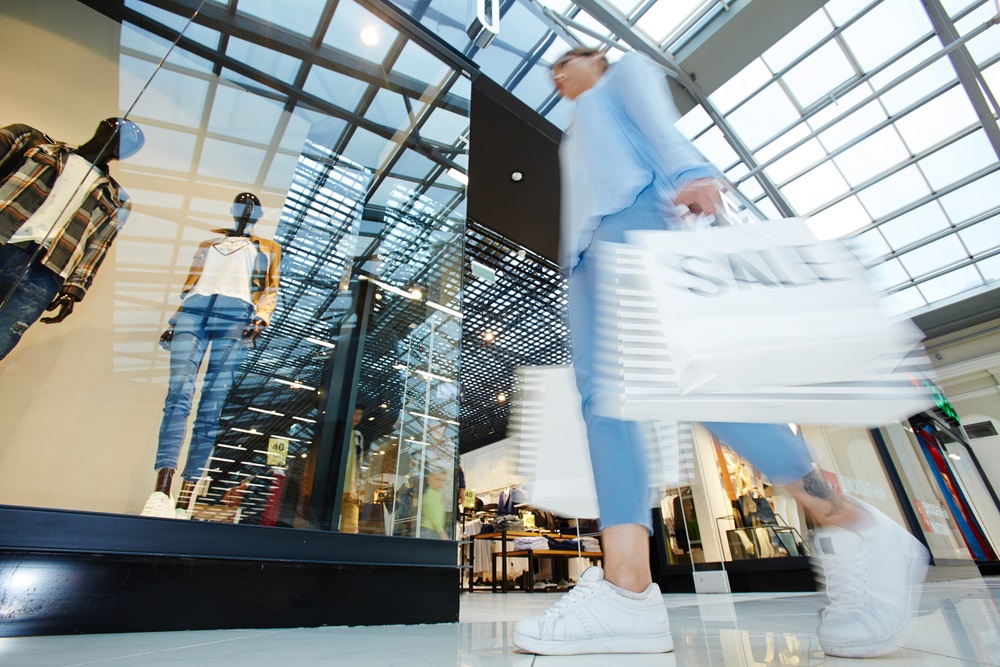The Shopping Centres of Tomorrow

Online shopping is forcing malls and shopping centres to adapt. The digital age is meaning a lot of shopping is done at home on laptops or phones which is increasingly pressuring retailers to create an experience in-store which will entice consumers off the sofa and to their local shopping centre!
This challenge has created an opportunity for shopping centres to reinvent themselves and transform the shopping experience for consumers. We are seeing a greater tenant mix, diversified commercialisation space, more events, promotions and the opportunity to experience the latest technological developments!
Technology has allowed ‘smart malls’ to be developed which have visual digital experiences, cashless parking, navigation apps, Wi-Fi, 4D digital interior, the list goes on! The leisure and entertainment offering in centres cannot be overlooked and can also utilise technology to advance the experience such as 7D cinemas or AI to give consumers a nutrition breakdown in the F&B sector!
We are seeing so much negativity in the press about the high-street with store closures and brands going into administration, however, there is a lot of positive activity that needs to be shouted about! Per Cromwell, Advertising Executive turned Entrepreneur and Founder of Moby Mart has said “The high street will survive, It just won’t look the same.” I think this quote really sums up the retail market and is a realistic statement… an exciting concept!
For brands to be a success in bricks and mortar, they need to be innovative. New technologies need to be embraced and incorporated into the store experience. Matthew Drinkwater, head of the London College of Fashion’s innovation agency, is developing holograms to allow customers to cycle through entire catwalk collections. With speed being of the essence, this will get designs to consumers faster and also test out styles at a much earlier stage in the design and manufacturing cycle, allowing real data to support in order quantities and where the stock is distributed.
Nobody leaves their house without their mobile phone these days, with the younger generations in particular, hooked on Instagram, Facebook, Twitter and other social platforms. Social shopping is slowing being incorporated into the store experience, consumers are in constant contact with their friends and family and want their opinions on products. Social dressing rooms is a new concept which will allow consumers to link the mirror with their friends to get instant feedback on the garments they are trying!
There are a lot of brands and e-commerce businesses testing markets through commercialisation units and pop-ups. This is a fantastic way to understand a consumer base, boost brand awareness and really test the footfall in a given environment. Stowga is launching an Airbnb for warehouse space. Stowga’s CEO, Charlie Pool, has conducted research which has proven warehouses often have a significant amount of empty space which is either costing the asset manager money or the tenant leasing the space – either way, it is not cost effective. Stowga’s Airbnb warehouses will allow retailers to escape long-term leases and allow warehouse owners to fill empty space with temporary rentals, win-win. Companies will be able to explore new markets and cut their delivery costs without a long-term commitment!
Experiential and Placemaking are the key buzzwords circulating the industry, retailers and shopping centres need to adapt and technology developments are delivering truly innovative opportunities. Although it is a tough time for retail, the digital age can deliver advantages to retail as well as challenges – it’s not all doom and gloom!
